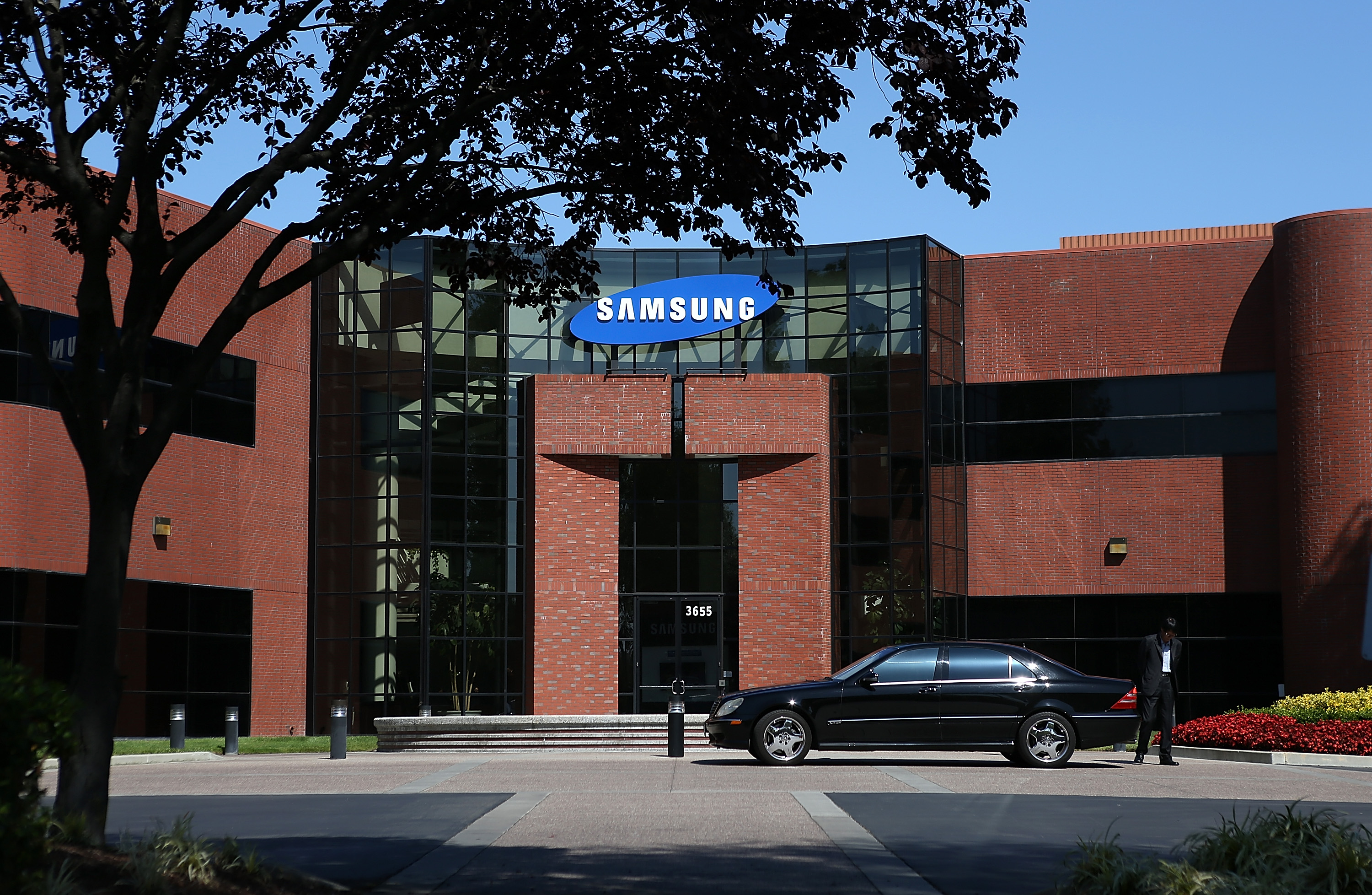Samsung launches $300M autonomous driving fund, puts $90M into TTTech

Not to be outpaced in the connected car market by other tech giants, today the world’s largest smartphone maker, Samsung, announced two major pieces of news to further its place in the next generation of automotive technology. It has launched the Samsung Automotive Innovation Fund, a $300 million fund to back startups and other interesting bets in the automotive market. Alongside this, Samsung has put €75 million (nearly $90 million) into TTTech, an Austria-based developer of platforms and safety software for connected cars, alongside a corresponding investment from Audi.
In addition to this, Samsung also announced a strategic initiative to develop connected-car technology with Harman, the auto and audio product maker that it acquired last November for $8 billion.
“During this period of extraordinary transformation in the automotive industry, we are excited to play a leadership role in supporting and shaping the future of smarter, more connected vehicles,” said Young Sohn, President and Chief Strategy Officer of Samsung Electronics and Chairman of the Board of HARMAN, in a statement. “The Autonomous/ADAS Strategic Business Unit and automotive fund reflect the company’s commitment to the values of open innovation and collaboration. In partnership with OEMs and startups, we will make the driver and passenger experience safer, more convenient, and more enjoyable.”
While giants like GM, Volkswagen and Toyota (among others) have traditionally dominated the automotive industry, the next wave of innovations related to how we (and other things) get from A to B leaves everything to play for, as car ownership, in-car systems, and how cars will be operated are all getting disrupted and updated through technology.
That’s driving a large wave of investment. Car companies like GM, Volkswagen, Daimler and many others are backing a range of startups that are building technology and services for that brave new automotive future. Car makers are also investing internally in their own R&D to complement that. Tech companies like Apple, Google, Baidu (and Samsung) are also making large bets here, building autonomous cars of their own and also investing in and buying up talent to enhance those strategies.
Samsung is among those who are hoping to be at the forefront of this, looking at the car as the latest “hardware” that they can build and help control. At the end of August, the company received a permit to run self-driving car tests in California, alongside an earlier permit that it got in Korea, and announcements like today’s will make sure that they will have not just their own tech, but that of partners, to put into those vehicles.
This is not Samsung’s first move to invest in automotive tech. Previous investments have included automated driving startups AImotive, Renovo; Quanergy, TetraVue, and Oculii for sensors; Autotalks and Valens for connectivity; and Graphcore for high-performance computing, the company noted.
“There is already a high demand for ADAS solutions, and that demand is rapidly growing with the advancements in connected cars and autonomous driving,” said Dinesh Paliwal, President and CEO of HARMAN, in a statement. “This strategic business unit demonstrates Samsung’s and HARMAN’s commitment to answer that call – to be the definitive partner for seamless and integrated technologies. It also reflects the incredible power that Samsung and HARMAN, as a collective force, will bring to our OEM customers as we combine Samsung’s scale and resources with HARMAN’s deep automotive experience and networks. Together, we are driving the future of automotive.”
HARMAN has named John Absmeier Senior Vice President of the unit, alongside his current position as VP of smart machines.
TTTech, a leader in “functional safety, deterministic networking, real-time systems, and complex software integration” for autonomous and other automated systems, had already been working with Audi, specifically on the Audi 8. for ADAS and automated driving platforms.
More to come.
Featured Image: Justin Sullivan/Getty Images
Published at Thu, 14 Sep 2017 07:21:19 +0000



